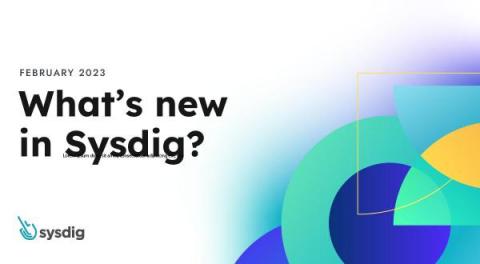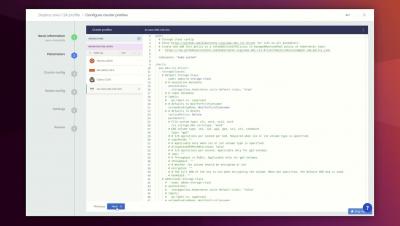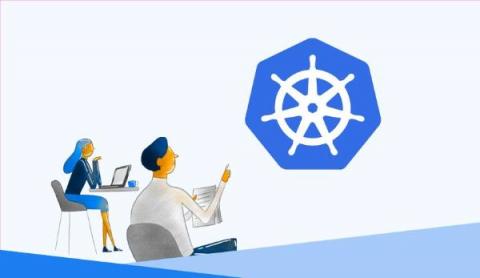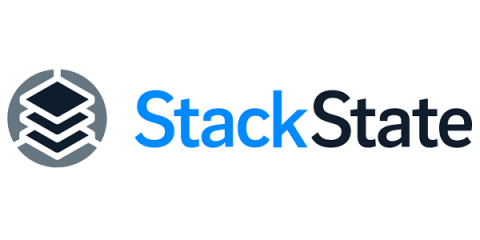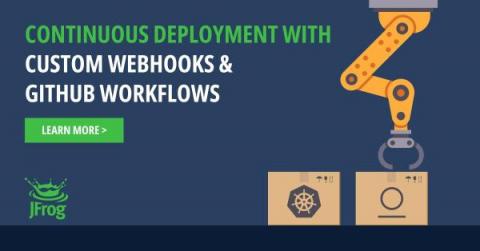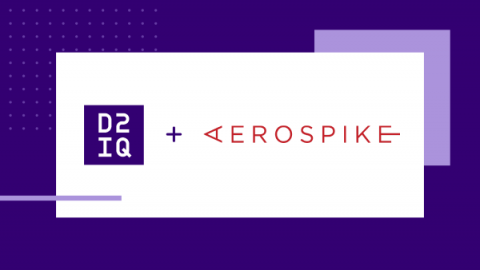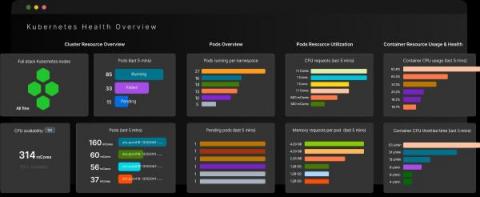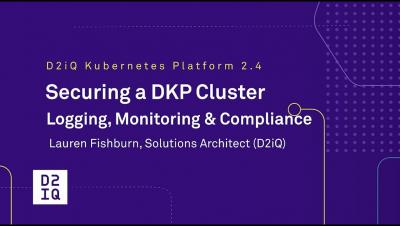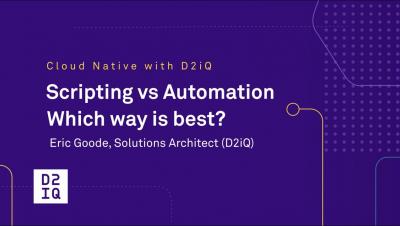What's New in Sysdig - February 2023
What’s New in Sysdig is back again with the February 2023 edition! I am Michael Rudloff, an Enterprise Sales Engineer based in the United Kingdom, and I am very excited to update you with the latest feature releases from Sysdig. This month, Sysdig Secure brings a couple of new features. We have added reports to Risk Spotlight – Risk Spotlight can show you which packages with vulnerabilities are currently in use in a running container across your whole Kubernetes environment.


